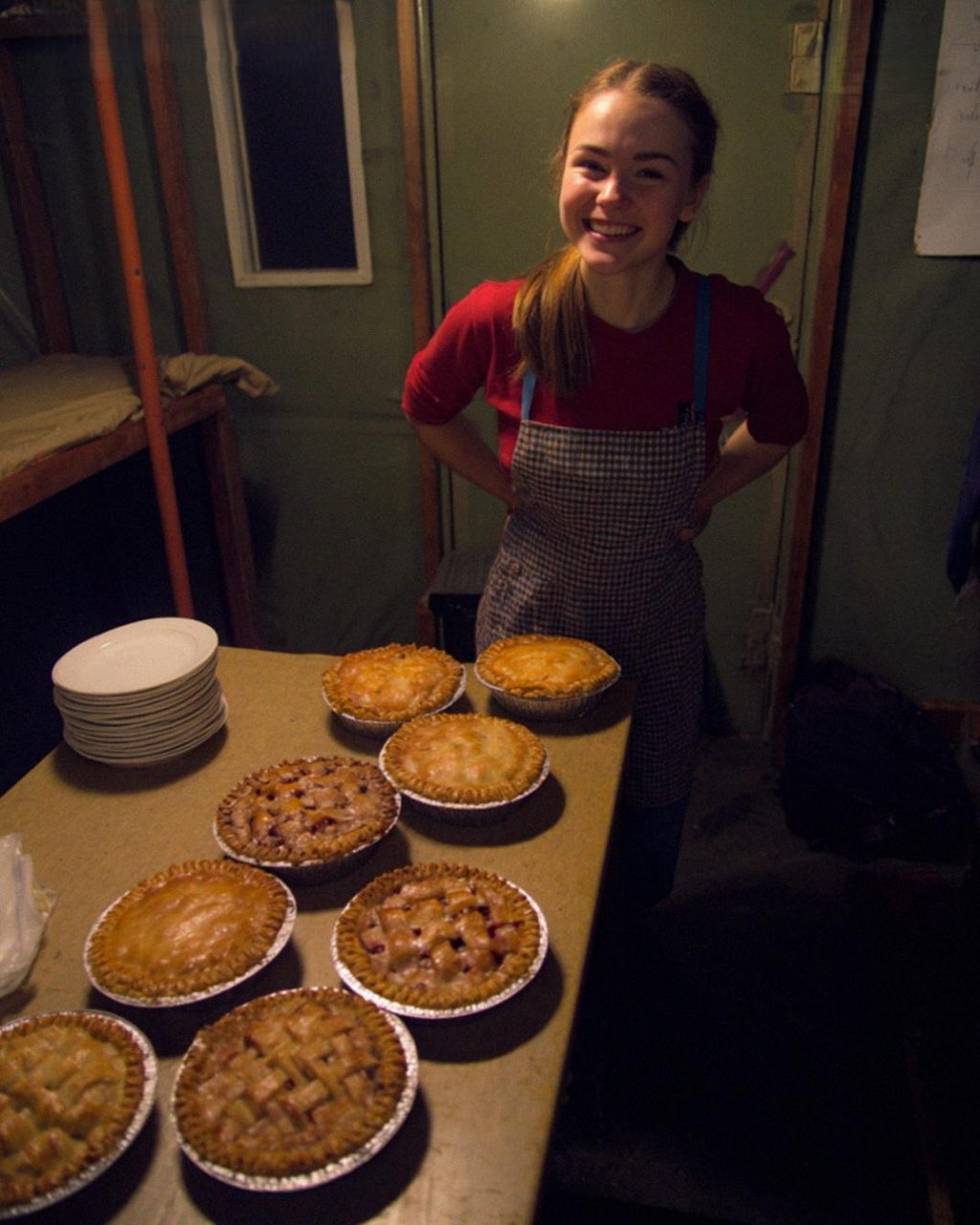
When I was 16, our house caught on fire at night. My dad pulled me out through the front door. He went to get my mom and grandpa. But they didn’t come back. The fire took all three of them.
After that, I wasn’t living. I was drifting. The fire took our house, our savings, our photos, and our clothes. Everything except me. And I wasn’t sure I deserved to be the one spared.
A local volunteer service helped me get a room in a community dorm-style shelter. Shared kitchen, two bathrooms per floor, but it was safe, clean, and warm. I was grateful. Especially because my only living relative, my mom’s sister — my aunt — refused to take me in.
“I don’t have the space, and I’m not about to give up my reading nook for a teenager,” she said.
What she did do, however, was take half of the insurance payout I received.
I didn’t argue because I’d already lost the thing most precious to me — my family.
During the day, I studied to get into college and find work.
At night, while everyone else watched TV in the common room, I took over the kitchen.
I baked pies for the local hospice and the homeless shelter downtown. Apple. Peach. Strawberry rhubarb, when I could afford it. Sometimes 10 in one evening. Once, 20. I saved up for flour, fruit, and butter. Anything I could afford out of my monthly aid.
I dropped them off anonymously, handing them to the nurses or volunteers. I never met the people who ate them. That was too hard.
My aunt didn’t understand. “You’re wasting money. You should be sending that money to ME. I lost my sister,” she said.
Still, I kept baking. It gave me purpose.
Until two weeks after my 18th birthday, a brown box showed up at the front desk with my name written in neat cursive. No return address.
Inside was a pecan pie.
Perfectly golden, beautiful braided crust, lightly dusted with powdered sugar. The smell was enough to make me dizzy.
I was surprised. I had no idea who sent it.
But as I cut it, I nearly blacked out when I saw what was hidden inside.
Beneath the gooey pecan filling was a small folded piece of parchment, wrapped carefully in plastic to protect it from the syrup. My hands trembled as I pulled it out, wiping it clean.
The handwriting made my knees buckle.
It was my grandpa’s.
I recognized it instantly — bold strokes, slanted letters, the way he always looped his “y” like a fishhook.
“If this pie found its way to you, it means the fire didn’t take everything. It means you’re still here, and so is my promise.”
My chest tightened. My vision blurred.
“Before the fire, I placed something in the safe deposit box at Millstone Bank. The key is baked into this crust. Use it when you’re ready. This is yours — not your aunt’s, not anyone else’s. Yours. Remember: love is meant to be shared, not hoarded. Keep baking. Keep living. That’s how you honor us.”
With shaking fingers, I broke apart the thick, braided edge of the crust. Sure enough — inside a thin wax paper sleeve — was a small brass key.
The next morning, I took the bus across town to Millstone Bank. My heart pounded as the clerk checked the number etched on the key. She led me to a quiet back room and slid a heavy safe deposit box onto the table.
When I lifted the lid, I gasped.
Stacks of envelopes filled the box. Savings bonds. A small bundle of cash. And at the very bottom, a faded photograph of me at age five, covered in flour, sitting on Grandpa’s lap as we rolled out pie dough together.
There was also a final letter.
“This is your start. Not a fortune, but enough to build with. I believe in you. And when you bake, know this — we’re still with you in every crust, every filling, every slice you share.”
I pressed the photo to my chest and sobbed for the first time in years.
That night, when I baked again, I didn’t just feel purpose. I felt my family at the table with me.
And for the first time since the fire, I wasn’t baking alone.
I kept the secret close at first. Just me, the key, and the box. But word travels fast in families where money is involved.
It was only a matter of weeks before my aunt showed up at the shelter, arms crossed, lips curled into that familiar sneer.
“So,” she said, her voice dripping with fake sweetness, “I heard you’ve been playing around at the bank. Imagine my shock. You never told me about Walter’s little ‘surprise.’”
My stomach dropped. “How do you know about that?”
Her smirk deepened. “Let’s just say I have friends who talk. And don’t you dare think you’re entitled to keep it. Your mother was my sister. I deserve that money more than you ever will. Hand it over.”
I stared at her — this woman who had turned me away when I needed a bed, who took half of the insurance money meant for me, who never once baked a pie or lifted a hand to help. My blood boiled.
“No,” I said, my voice steadier than I felt.
Her face snapped into something ugly, something sharp. “Excuse me?”
“I said no. Grandpa didn’t trust you. He trusted me. And this isn’t just money — it’s his legacy. He wanted me to build with it. And I will.”
She lunged forward, hissing like a cornered cat. “You ungrateful brat! You think you’re better than me? I’ll take you to court. I’ll—”
“Go ahead,” I cut in, my voice shaking but fierce. “Because the bank has his signature. His will. His words. Everything in that box is legally mine. And if you try to steal it, the only thing you’ll get is jail time.”
Her mouth opened and closed, but no words came out. For the first time, she looked… powerless.
She spat at the floor and stormed out, slamming the door so hard the walls shook.
I stood there, knees weak, heart hammering, but a fire burning in my chest. Grandpa was right — it wasn’t a fortune, but it was enough. Enough to pay for college. Enough to open a small bakery. Enough to give me the chance to build something real.
And that’s exactly what I did.
Six months later, a little storefront opened on the corner of Main Street. The sign above it read:
“Walter’s Pies — Sweetness Worth Sharing.”
The first week, I sold out every single night. Hospice nurses came in, smiling. Shelter volunteers brought their families. Word spread.
I baked the way Grandpa taught me — with patience, love, and a dash of sugar on the crust. And every time I slid a pie into the oven, I whispered, This is for you, Grandpa.
But one evening, as I was closing up, I noticed something strange.
A brown box sat on the counter. No one had come in — I would’ve heard the bell.
Inside was another pie. Pecan, perfect and golden.
And tucked beneath the crust?
Another note.
“Proud of you, kid. But there’s one more secret you haven’t found yet.”
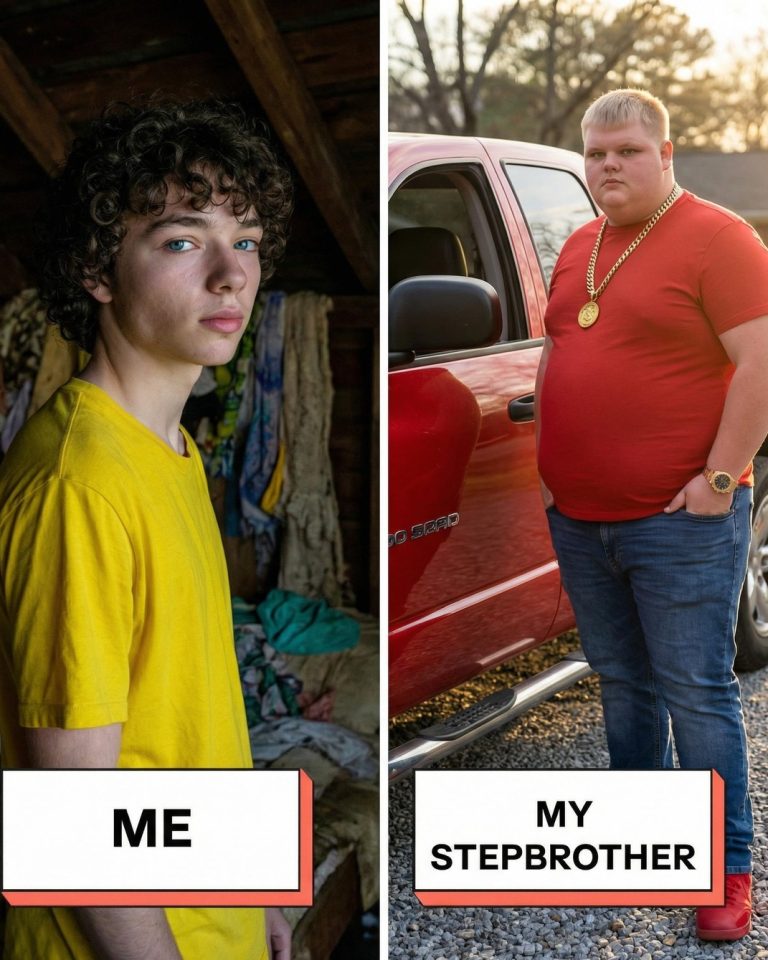
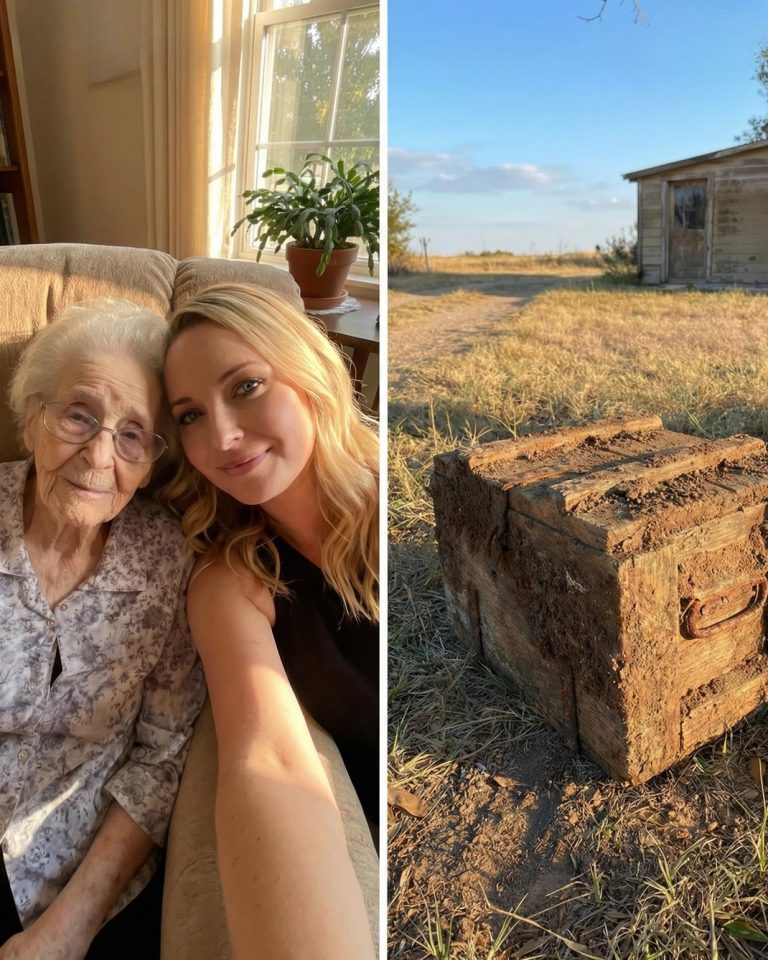
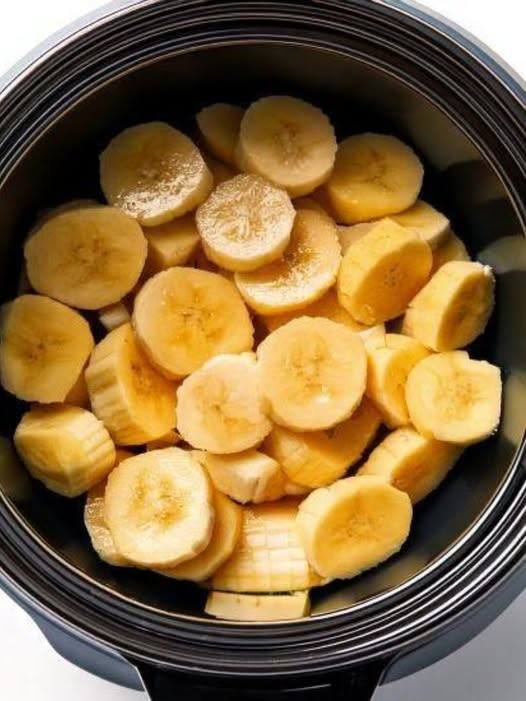
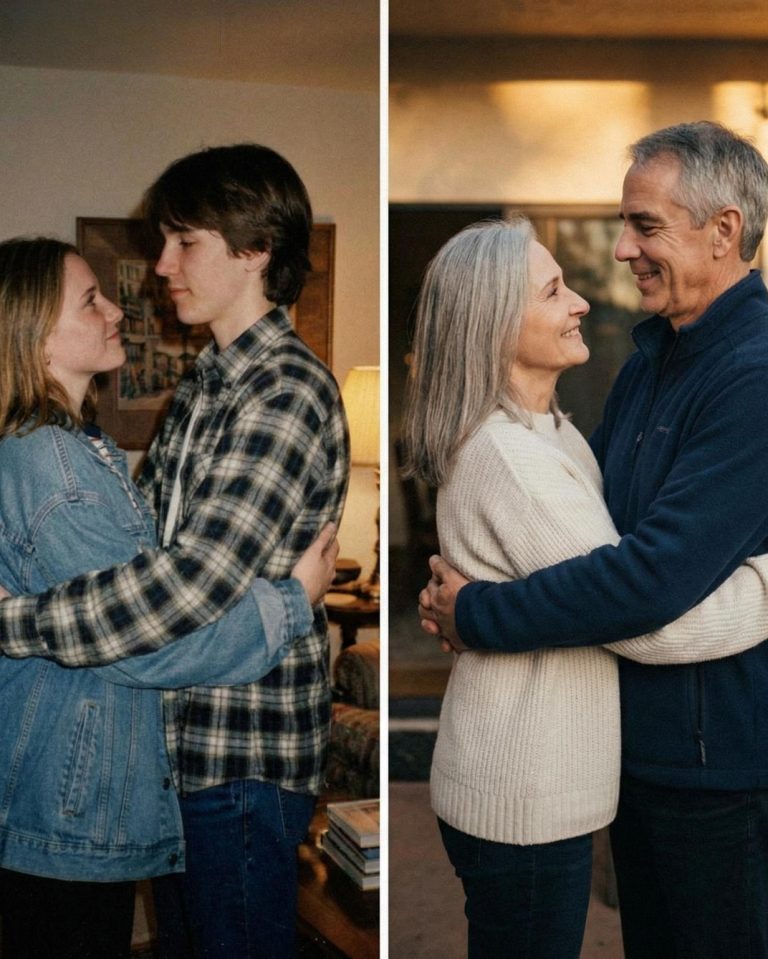
Would love to know the rest of the story. Very good story but no ending
Hi, I do think this is a great blog. I stumbledupon it 😉
I will return yet again since i have book marked it.
Money and freedom is the greatest way to change, may you be rich
and continue to guide other people.